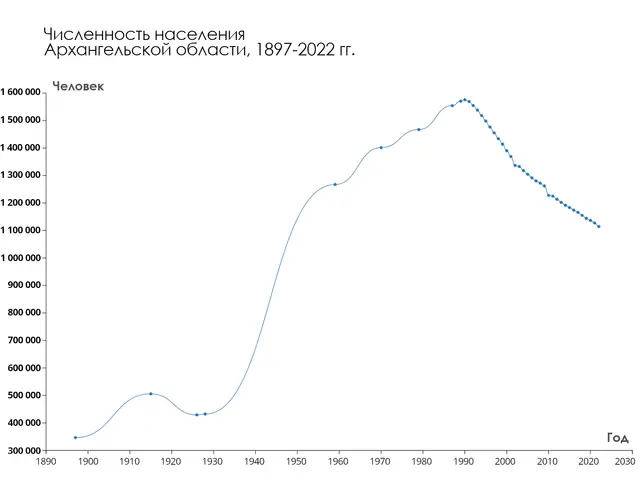Why Belief in Advancement Is Stronger in Nations with High Inequality, Despite the Risks
In regions with significant economic disparities, youths tend to harbor higher expectations of social mobility.
Youth in countries such as Albania, Jamaica, and Kazakhstan show greater optimism about their future social and economic standing compared to their peers in nations like France and South Korea, according to a study. While economic growth usually presents no issues, optimism can pose potential dangers.
Researchers from the University College London and the OECD Centre for Skills found that young people tend to have stronger beliefs in their ability to advance in societies with greater income disparities. However, this hope for a better future is often misleading and can potentially create chaos within society. Social mobility, the upward or downward movement into a different social class, is typically lower in countries with significant inequality. Frustration, disappointment, and even social unrest may arise amongst the younger generation as a result.
In times of sustained economic growth, many young people have been able to surpass their parents' status, explaining researchers Francesca Borgonovi and Artur Pokropek.
Income Inequality on the Rise
In several countries, income distributions have become increasingly unequal compared to just a few decades ago. Germany exhibits an increased level of income inequality, despite a slight decrease in the wage gap due to the rise in the minimum wage in recent years.
Harsh realities of increasing inequality and a tighter link between a child's future prospects and their parents' wealth are now impeding upward mobility, according to Borgonovi and Pokropek. In essence, improvements in wealth "favor the yachts more than the dinghies."
A Pattern Known as the Great Gatsby Curve
This phenomenon, where social mobility tends to be lower in countries with higher inequality, is known as the Great Gatsby Curve. Curiously, young people's expectations of advancement are highest in countries with pronounced income disparities, as shown by data from the PISA study.
On average, many 15-year-olds from lower socioeconomic backgrounds still expect to reach a higher social position later in life. In Germany, for example, around 29% of young people anticipate this possibility, while figures for countries like Albania, Jamaica, Kazakhstan, and Romania hover around 40%. Countries like South Korea (18%), Malaysia (20%), and France (22%) have far fewer young people expecting this outcome in their lower socioeconomic group.
Most 15-year-olds are optimistic
The study analyzed the statements of nearly 390,000 students from 57 countries, including Germany, Spain, Albania, Brazil, the USA, Indonesia, and Vietnam. The youth were asked in the PISA survey 2022, among other things, to indicate, on a scale of 1 to 10, where they thought they would be situated in their country's social hierarchy at the age of 30. A majority of 15-year-olds expect to surpass their parents' social status in all the countries studied, largely believing that education is the key to success.
Misperception of Opportunities
Young people may struggle to discern whether income disparities are due to personal effort, skills, and determination or unearned privileges. Their expectations might be shaped by widespread narratives of success that may not accurately reflect the actual prospects for upward mobility.
This optimism, fueled by the illusion that the system offers fair opportunities for upward mobility if one works hard or acquires education, carries potential risks. When actual mobility opportunities are more limited than they appear, young people may feel disillusioned and frustrated when their expectations do not materialize. The ensuing disconnect between high expectations and reality might contribute to feelings of alienation, decreased trust in institutions, and social unrest.
Economy Facilitates Social Cohesion, but Challenges Await
During sustained economic growth, this disparity does not significantly impact society; many young people achieve a better position than their parents without noticing their more privileged peers' greater opportunities, which reduces feelings of frustration and estrangement. However, economic conditions are evolving, and unmet expectations can lead to reduced well-being, decreased trust in institutions, lower civic engagement, and even political turmoil, as the "Science" article suggests.
- The study found that students in countries with higher income disparities, such as Albania and Kazakhstan, exhibit greater optimism about their future social and economic standing compared to students in more equal countries like France and South Korea.
- Despite the general growth of income in many countries, this hope for a better future can potentially create societal chaos due to the misleading nature of such optimism, particularly in societies with significant income inequality.
- According to researchers Francesca Borgonovi and Artur Pokropek, improvements in wealth tend to favor the more privileged, creating barriers for upward mobility in societies with significant inequality.
- In the PISA study, a majority of 15-year-olds across 57 countries, including Germany, Spain, and Vietnam, expressed the belief that education is the key to overcoming their parents' social status, even in countries with stark income disparities.
- Young people may misperceive the causes of income disparities and expect that success can be achieved through hard work, education, and individual effort, unaware of the role of unearned privileges.
- These unmet expectations during economic shifts can lead to decreased trust in institutions, reduced well-being, and even political turmoil, as indicated in the "Science" article.
- While economic growth can foster social cohesion during times of sustained growth, economic conditions are evolving, requiring policymakers and educators to address the potential risks associated with persistent income disparities and the misperception of opportunities.






